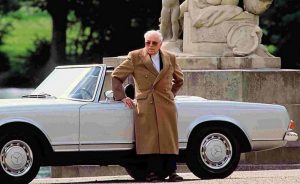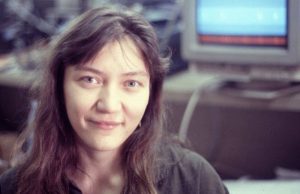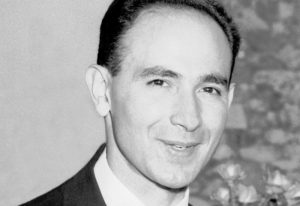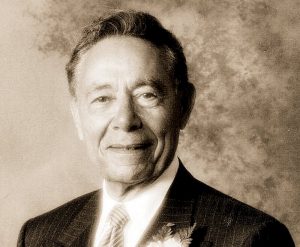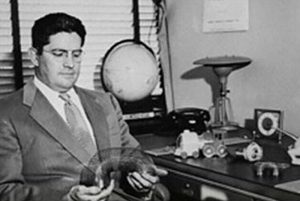Mohamed M. Atalla
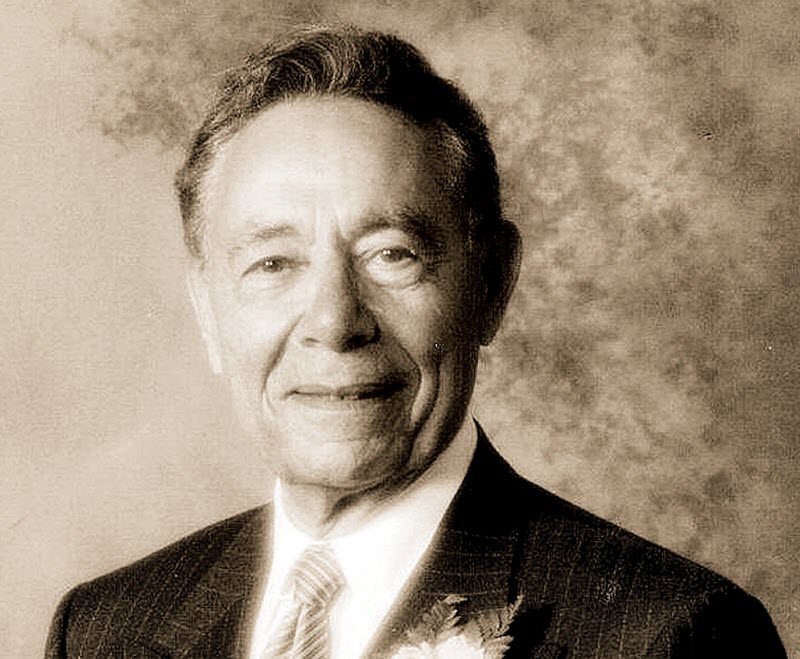
Mohamed M. Atalla (1924-2009) was an Egyptian-American inventor, engineer, physical chemist, and cryptographer.
Known for:
- Surface passivation
- Thermal oxidation in microfabrication
- MOSFET (MOS transistor)
- PMOS and NMOS
- MOS integrated circuit
- The hardware security module (HSM)
Atalla was a pioneer in the field of semiconductors and made important contributions to the development of modern electronics. In 1959, he invented the MOS transistor, also known as MOSFET, together with his colleague Dawon Kahng. This was a metal–oxide–semiconductor field-effect transistor which, in combination with two of Atalla´s earlier inventions – surface passivation and thermal oxidation in microfabrication – revolutionized the electronics industry.
In the early 1970s, Atalla founded the data security company Atalla Corporation (now Ultimaco Atalla), and soon, technology solutions developed by him was used to secure a majority of ATM transactions around the world. He is know as “Father of the PIN”.
Background
Mohamed Mohamed Atalla was born in Port Said, Egypt, on August 4, 1924.
Education
He received his Bachelor of Science (BSc) degree from Cairo University, before moving to the United States to study mechanical engineering at Purdue University.
At Purdue, he received his MSc in mechanical engineering in 1947. His MSc thesis was titled “High Speed Flow in Square Diffusers”.
He stayed at Purdue, and in 1949, he received his doctorate (PhD) in mechanical engineering there, with his doctoral thesis “High Speed Compressible Flow in Square Diffusers”.
Career
Bell Labs – revolutionizing modern electronics
Atalla started working for Bell Labs in 1949, and made several trailblazing contributions to the semiconductor technology during his time at Bell. His pioneering work contributed in vital ways to the development of our modern-day electronics, the silicon revolution, and the digital revolution.
Among other things, he developed the surface passivation and thermal oxidation processes, which formed the basis for silicon semiconductor technologies such as the the planar process and the use of monolithic integrated circuit chips.
In 1959, he invented the MOSFET together with his colleague Dawon Kahng. The metal–oxide–semiconductor field-effect transistor, also known as MOSFET, is a type of field-effect transistor (FET) and it has become the basic building block for modern electronics. As such, it is one of the most important inventions in modern electronics, and the US Patent and Trademark Office has described it as a ground breaking invention “that transformed life and culture around the world”.
Atalla and Kahng also invented the PMOS and NMOS fabrication processes, and PMOS logic became the dominant semiconductor technology for large-scale integrated circuits in the 1960s and 1970s, before being superseded by NMOS and CMOS.
Leaving Bell
Interestingly, the invention of the MOSFET was initially overlooked by Bell, which prompted Atalla to leave Bell and start working for Hewlett-Packard (HP). He founded HP´s Semiconductor Lab in 1962 and HP Labs four years later, before leaving HP to join the Fairchild Semiconductor company where he founded a Microwave & Optoelectronics division in 1969. During his post-Bell era, Atalla worked with research regarding things such Schottky diode, gallium arsenide (GaAs), gallium arsenide phosphide (GaAsP), indium arsenide (InAs) and light-emitting diode (LED) technologies.
Data security and cryptography
In the 1970s, Atalla left the semiconductor industry to focus on data security and cryptography. He founded the Atalla Corporation in 1972 and filed a patent for a remote Personal Identification Number (PIN) security system. The following year, he launched the Atalla Box – a hardware security module capable of encrypting PIN and ATM messages. Eventually, techniques developed by Atalla would be used to secure a majority of the world´s ATM transactions.
Alternative names
During his time living in the United States, Atalla sometimes used the anglicized names John and Martin as professional names. He is therefore sometimes cited as John M. Atalla or Martin M. Atalla.
Examples of accolades
United States National Inventors Hall of Fame
1975 Stuart Ballantine Medal in physics
IT History Society Honor Roll

